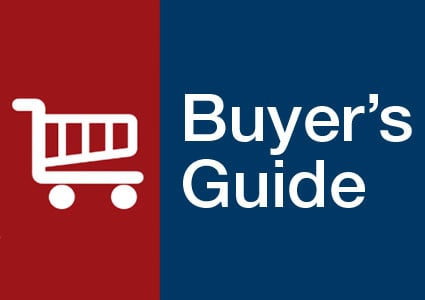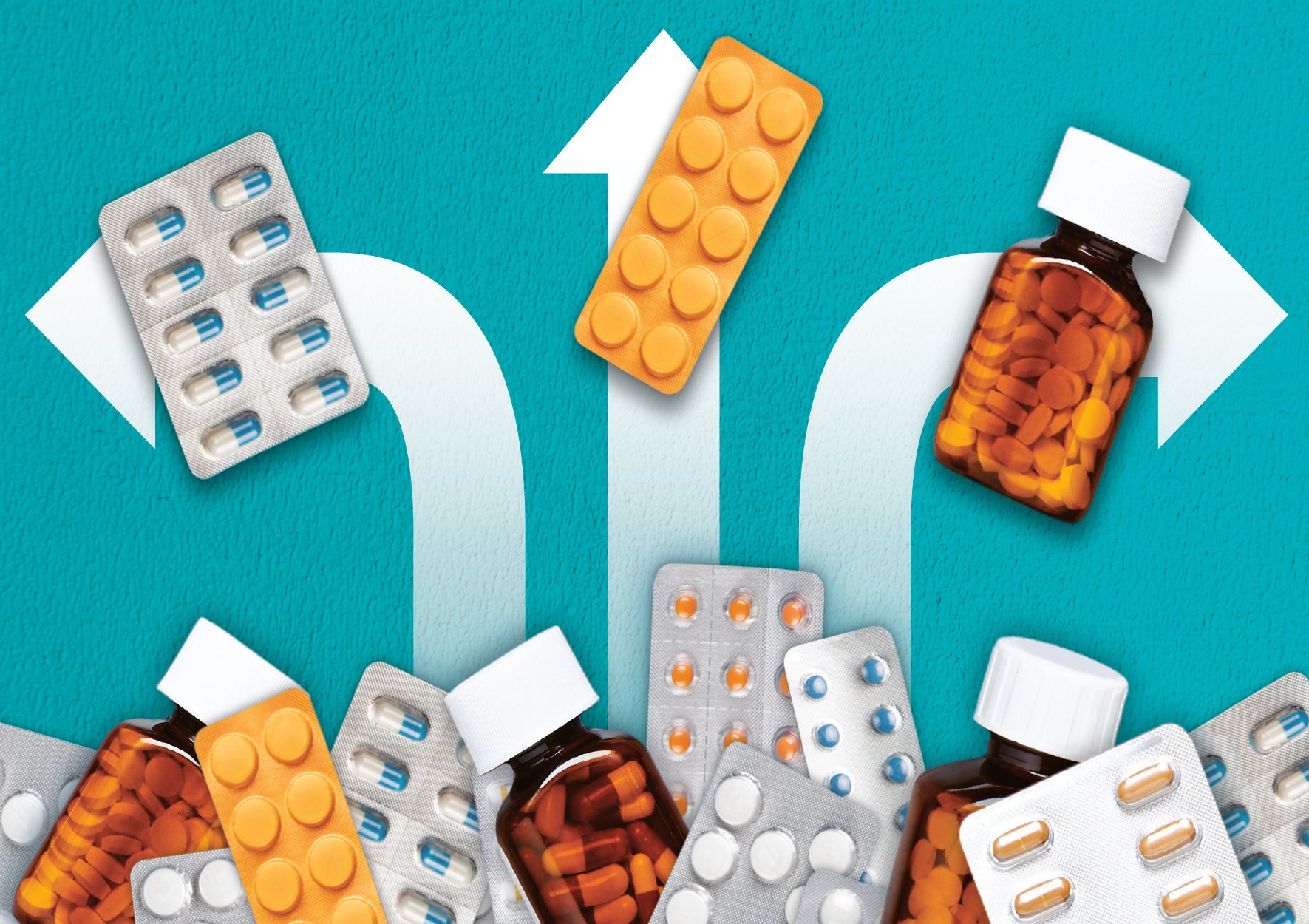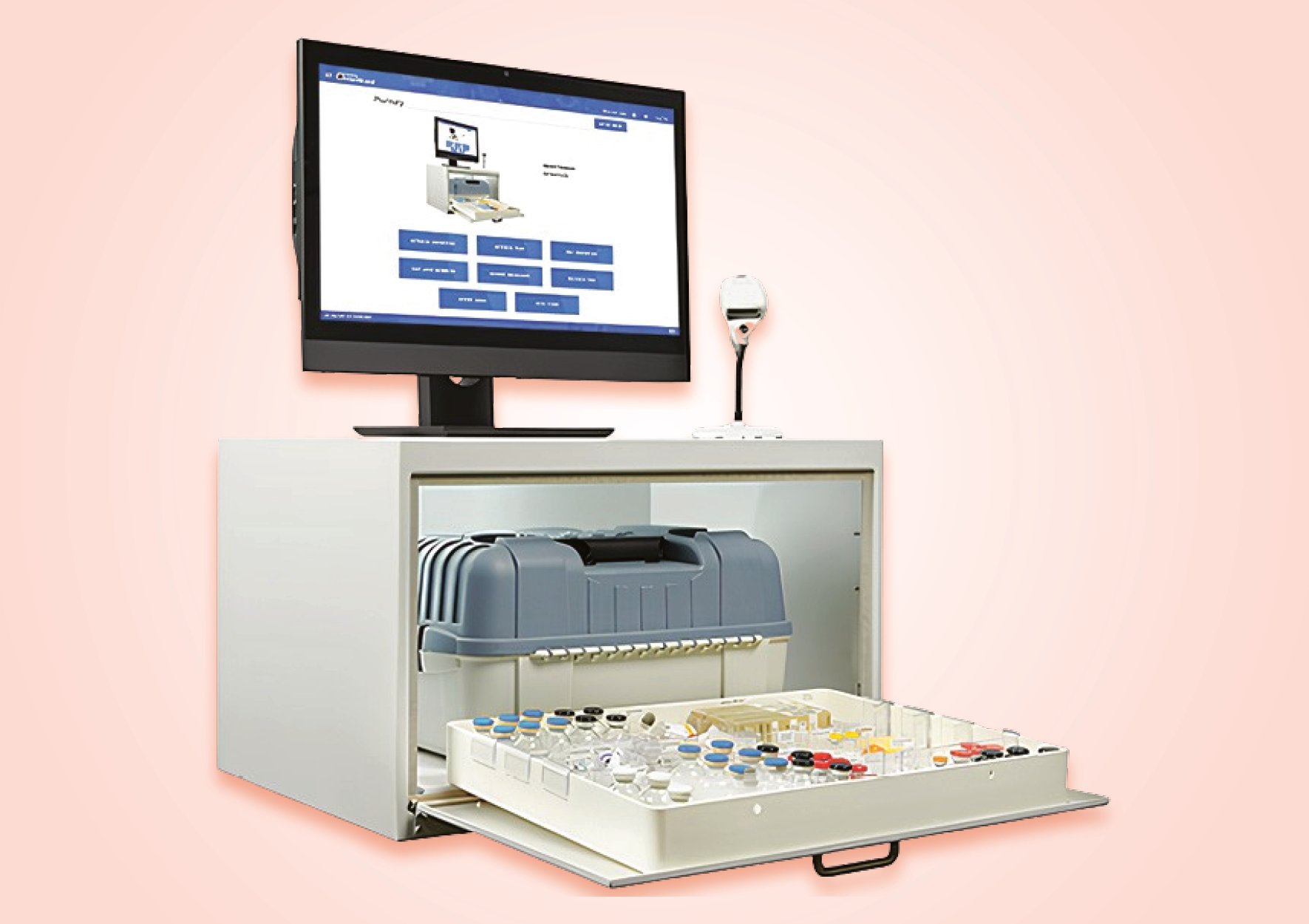- Show Menu
- Contact Us
- FAQs
- Reader Service
- Survey Data
- Survey Winners
- Testimonials
- Upcoming Events
- Webinars
- White Papers
Critical Point's Sterile Compounding Curriculum
By Simone Bellamy, PharmD
THE PHARMACY DEPARTMENT AT THE 84-BED ARKANSAS HEART HOSPITAL compounds medications ranging from single-ingredient IVs to cardioplegia solutions. We recently built a new compounding complex, and in the near future, we expect to begin compounding our own TPN as well.
Amongst the reasons for building our new compounding complex was the fact that we knew we were not totally compliant with USP Chapter <797>. Not only was our previous compounding space not compliant, but we were also concerned that our personnel procedures may not fully comply with <797>. We saw the development of our new cleanroom as a chance to address all of those issues.
Of course, installing a cleanroom by itself does not bring compliance, and we had struggled to identify a user-friendly, easy-to-read <797> training resource. We became aware of CriticalPoint’s sterile compounding curriculum in January 2007, and by February, were one of the first facilities to use this comprehensive set of online <797> training modules, which include lessons in the following areas:
- Fundamentals of Aseptic Compounding
- Environmental Monitoring and Maintenance
- Documentation & Policy and Procedures
- Personnel Training
- Compounding Practices
- Engineering Controls and Equipment Use
- Hazardous Drug Compounding Practices
We were happy to find CriticalPoint because we could count on the comprehensive, yet easy-to-read modules for staff education, as well as guidance in establishing our own policies and procedures. A selling point for us is that CriticalPoint continuously updates its Web-based courses to reflect revisions to the chapter, thereby avoiding the instant obsolescence of printed training manuals upon USP updates.
Physical Plant and Personnel Requirements
The CriticalPoint training program clearly outlined <797>’s physical plant requirements, most of which are “buried,” so to speak, in the chapter’s highly technical language. <797> is not exactly easy to read, so CriticalPoint’s accurate, yet concise explanations increased our comprehension of the requirements and allowed us to put our new knowledge to use during our cleanroom build. For instance, in working with our architect, I was able to quickly reference the modules when making decisions, versus leafing through <797> itself to clarify the requirements.
We also found the courses on environmental monitoring, garbing, and personnel training particularly helpful in establishing policies and procedures for our compounding facility, because those activities require continual assessment and play a large role in our day-to-day operations. Even though I had personally read <797> several times, I still found the CriticalPoint curriculum informative. The content clarified several compliance issues for me, and even reminded me of a few points I had forgotten, particularly garbing procedures and weekly and monthly cleaning processes. I was also surprised to learn that filters used to sterilize solutions must first be subjected to a membrane filtration test. In addition, I recently used the curriculum to revise our policies and create a simple cleaning documentation log and training guide.
Staff Satisfaction
Our staff finds the modules very easy to follow and navigate. While few of our staff members ever took the time to read <797>, for the most part, they have taken the time to review CriticalPoint’s courses. Because the training modules are Webbased, our staff can access them from any computer with an Internet connection, allowing them to work on the courses whenever they have a few free minutes. Upon completing CriticalPoint’s curriculum, users receive 32 hours’ worth of ACPE-approved credits, which is a great incentive for our staff to make active use of the program. All in all, the general consensus is that the training program is informative and easy to use.
Going forward, we plan to use CriticalPoint’s courses to train all of our compounding staff. Arkansas state board of pharmacy requirements mandate that we demonstrate compliance with <797> and that we have a comprehensive training program in place. By using CriticalPoint’s courses, we have saved ourselves the effort of creating a compounding training program from scratch. Having previously written such a program myself, I know how time-consuming the creation of a training program is, as well as how challenging it can be to continuously update it as regulations change. CriticalPoint does all of the heavy lifting for us, including the updating of its Web-based training modules, keeping our staff current with the latest <797> requirements and saving our pharmacy a good deal of time.
I would recommend CriticalPoint’s online sterile compounding curriculum to my colleagues with confidence. It is easy to use, comprehensive, and current with <797> requirements, and can save staff time in the development and upkeep of an in-house training program. With Critical Point’s compounding curriculum, we are confident in our new physical plant’s <797> compliance and that our staff will continue to be well trained and knowledgeable in <797>’s requirements.
Simone Bellamy, PharmD, is a clinical coordinator in the pharmacy department at Arkansas Heart Hospital. She earned her B.S. from Northeast Louisiana University and her PharmD from University of Arkansas Medical Sciences.
Like what you've read? Please log in or create a free account to enjoy more of what www.pppmag.com has to offer.








